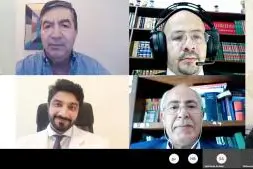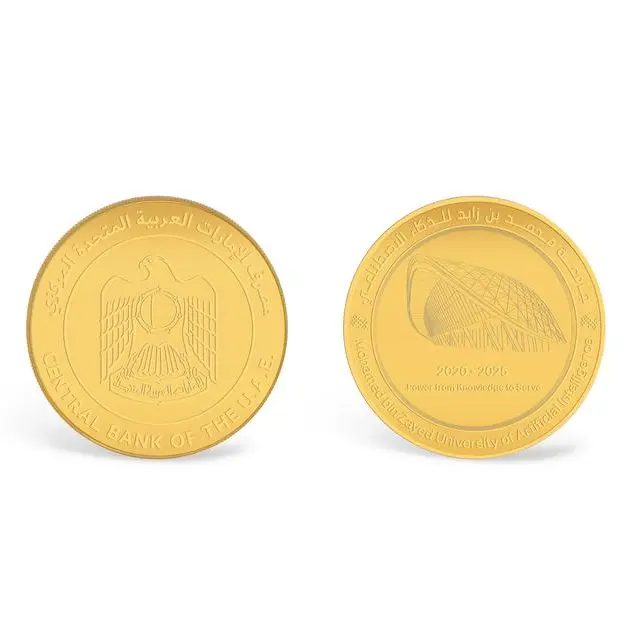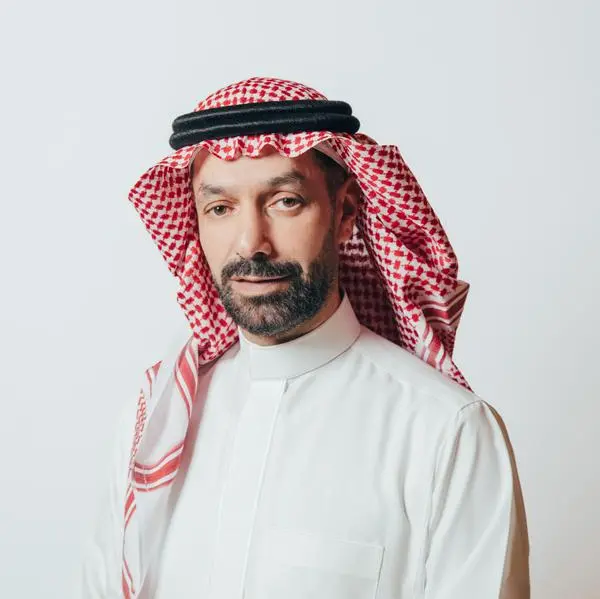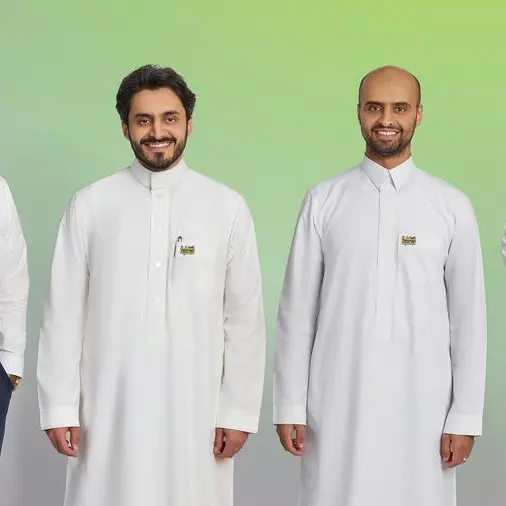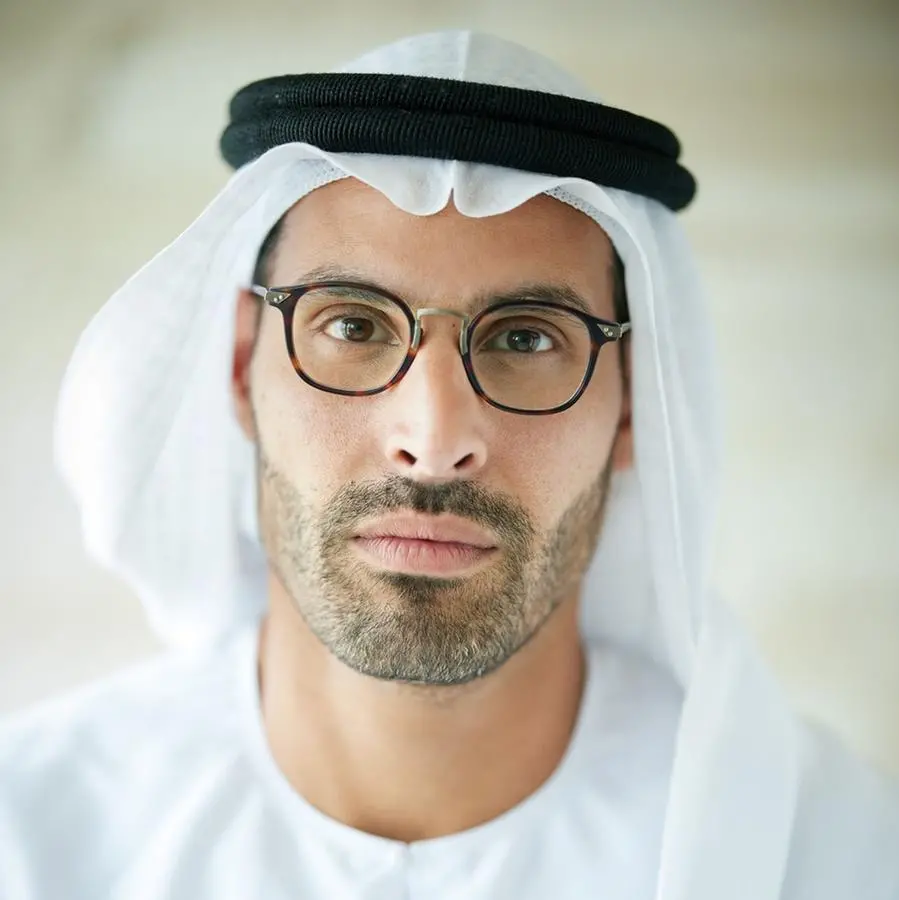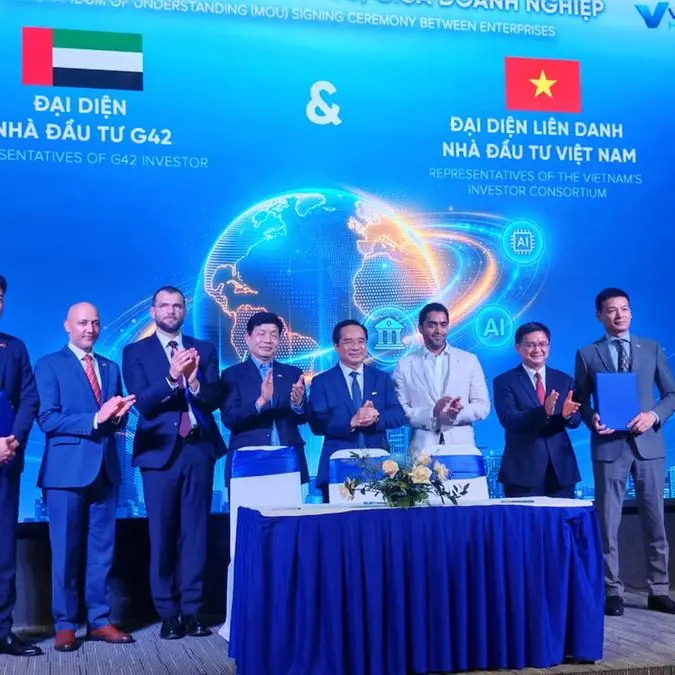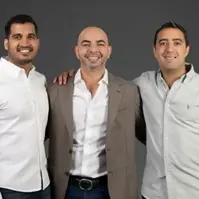PHOTO
Abu Dhabi, United Arab Emirates: The Kalima Project for Translation conducted a special virtual symposium yesterday entitled ‘The Role of Scientific Translation in Pandemics’, to celebrate International Translation Day, which falls on September 30th every year. The session focussed on the role of translation in educating and informing readers about the coronavirus pandemic and other pandemics throughout history, and its importance in documenting the human experience with diseases and epidemics in different eras.
The symposium hosted a number of doctors and prominent translators whose work has influenced the Arab publishing world and contributed to increasing collective knowledge: Dr. Zineb Benyaya, Muhammad Ziad Kebbeh, Izz al-Din Anaya, Hassan Ghozlan, Omar al-Ayoubi, and Dr. Khaled Al-Awadi, while media figure Maryam Fikry moderated the session.
During the workshop, a number of books recently translated by Kalma were discussed, each work relating to disease and epidemics. Professor Muhammad Kebbeh began by talking about the Corona epidemic and its impact on the world, then moved on to talk about the book The Plague by Paul Slack, who documents people’s reactions to mass epidemics and describes their impact on humans in both economic and psychological terms. This approach enables the reader to note the startling similarities between pandemics of the past and the coronavirus pandemic in terms of its sudden appearance, speed of spread and the initial measures taken to tackle it.
Omar Al-Ayoubi then addressed some of the positive effects of the coronavirus pandemic, which has put science and scientists back the fore and strengthened the status of scientific research. It has also served to promote the translation of scientific journals and publications, breaking down linguistic barriers and raising awareness of this dangerous illness, as well as methods of preventing contraction.
Speaking about the feasibility of translating books related to diseases and epidemics, due to their susceptibility to become outdated as a result of continuous scientific development, Al-Ayoubi said that the science books we translate today enhance the methodology of scientific terminology and its development, and provide the base for translation of developments in various branches of science. He also noted that it helps develop the skills of scientific translators, resulting in a bigger pool of skilled and specialised translators.
Dr. Zineb Benyaya believes that translation is a cultural conduit and increases knowledge, making it essential when it comes to works detailing diseases and epidemics, especially considering these books retain their relevance as cultural and historical documents.
Benyaya used the works of Ibn Rushd and Ibn Sina as examples, as their writing served as the basis for modern medicine, although they have now been scientifically and medically surpassed.
Izz al-Din Anaya, who participated in this virtual session from the Italian capital Rome, said that Arabic translators face many challenges when dealing with scientific texts that revolve around health and medical issues in general. This requires a strengthening of the links between translators and scientific experts in order for texts to be more readily understandable to Arabic readers.
Dr. Khaled Al-Awadi, one of the UAE’s frontline professionals, believes that the Arabic library is poor when it comes to medical books and that many translated books are in need of updating. He stressed the importance of translating texts relating to public health and specialist healthcare, even if the reader is well-versed in the language a book was originally written in, so they are easier for Arab readers to understand.
The speakers discussed the importance of being knowledgeable about the history of pandemics and epidemics if we are to understand new epidemics, with Hassan Ghozlan stating that he believes there has been a great deal of confusion and disinformation through the ages and, to counter this, it is necessary to establish a high level of awareness among the general public. Dr. Zineb Benyaya said that when comparing the precautionary measures in our crisis with those of the past, we see many similarities. Therefore, knowledge of historical epidemics helps us to understand the way they spread and the ways in which they can be prevented or controlled.
Regarding the possibility of publishing literary and creative works related to the recent pandemic in the future, Dr. Zainab says that, just as there is an abundance of post-war literature, there may come to be something called post-pandemic literature. Izz al-Din Anaya believed that, while the coronavirus pandemic has negatively impacted publishing and translation, it has boosted the creation and translation of books about fighting epidemics and promoting public health. And while many books that are published have proven to be shallow or overly commercial, he believes that future works, particularly novels, will have greater depth and be more substantial.
Omar Al-Ayoubi believes that the narratives related to epidemics and disasters, demonstrates the ability for humans to be creative in documenting history, making it easier for readers and students to comprehend literature that details responses to specific events, incidents, disturbances and revolutions. Following a crisis, he noted, writers remember and chronicle its impacts on society and individuals. As the coronavirus pandemic has directly affected the private lives and working conditions of many writers, personal social and economic instability will be reflected in their writings. In turn this may give credence to fictional biographies based on their real life experiences.
The guest speakers concluded that scientific translation is an important tool for spreading knowledge and meeting the needs of scientific research, but that it is very rare in the Arab world and does not keep pace with the rapid knowledge increase the world is witnessing. This has led to failure in developing the medical and scientific terminology used in the Arabic language, however the solution lies in the translation of more scientific books across multiple disciplines.
About the Department of Culture and Tourism - Abu Dhabi
The Department of Culture and Tourism conserves and promotes the heritage and culture of Abu Dhabi emirate and leverages them in the development of a world-class, sustainable destination of distinction, which enriches the lives of visitors and residents alike. The organisation manages the emirate’s tourism sector and markets the destination internationally through a wide range of activities aimed at attracting visitors and investment. Its policies, plans and programmes relate to the preservation of heritage and culture, including protecting archaeological and historical sites and to developing museums, including Zayed National Museum, Guggenheim Abu Dhabi, and Louvre Abu Dhabi. The Department supports intellectual and artistic activities and cultural events to nurture a rich cultural environment and honour the emirate’s heritage. A key role is to create synergy in the destination’s development through close co-ordination with its wide-ranging stakeholder base.
About the Kalima Project for Translation
The Kalima Project for Translation was launched in 2007 by The Department of Culture and Tourism – Abu Dhabi, with the aim of reviving the translation movement in the Arab world and providing support to the active cultural movement in Abu Dhabi, enhancing its contribution to the regional and global cultural scene. The project is currently working on translating many international publications from 18 original languages. For more information, please visit: https://kalima.ae
© Press Release 2020
Disclaimer: The contents of this press release was provided from an external third party provider. This website is not responsible for, and does not control, such external content. This content is provided on an “as is” and “as available” basis and has not been edited in any way. Neither this website nor our affiliates guarantee the accuracy of or endorse the views or opinions expressed in this press release.
The press release is provided for informational purposes only. The content does not provide tax, legal or investment advice or opinion regarding the suitability, value or profitability of any particular security, portfolio or investment strategy. Neither this website nor our affiliates shall be liable for any errors or inaccuracies in the content, or for any actions taken by you in reliance thereon. You expressly agree that your use of the information within this article is at your sole risk.
To the fullest extent permitted by applicable law, this website, its parent company, its subsidiaries, its affiliates and the respective shareholders, directors, officers, employees, agents, advertisers, content providers and licensors will not be liable (jointly or severally) to you for any direct, indirect, consequential, special, incidental, punitive or exemplary damages, including without limitation, lost profits, lost savings and lost revenues, whether in negligence, tort, contract or any other theory of liability, even if the parties have been advised of the possibility or could have foreseen any such damages.
